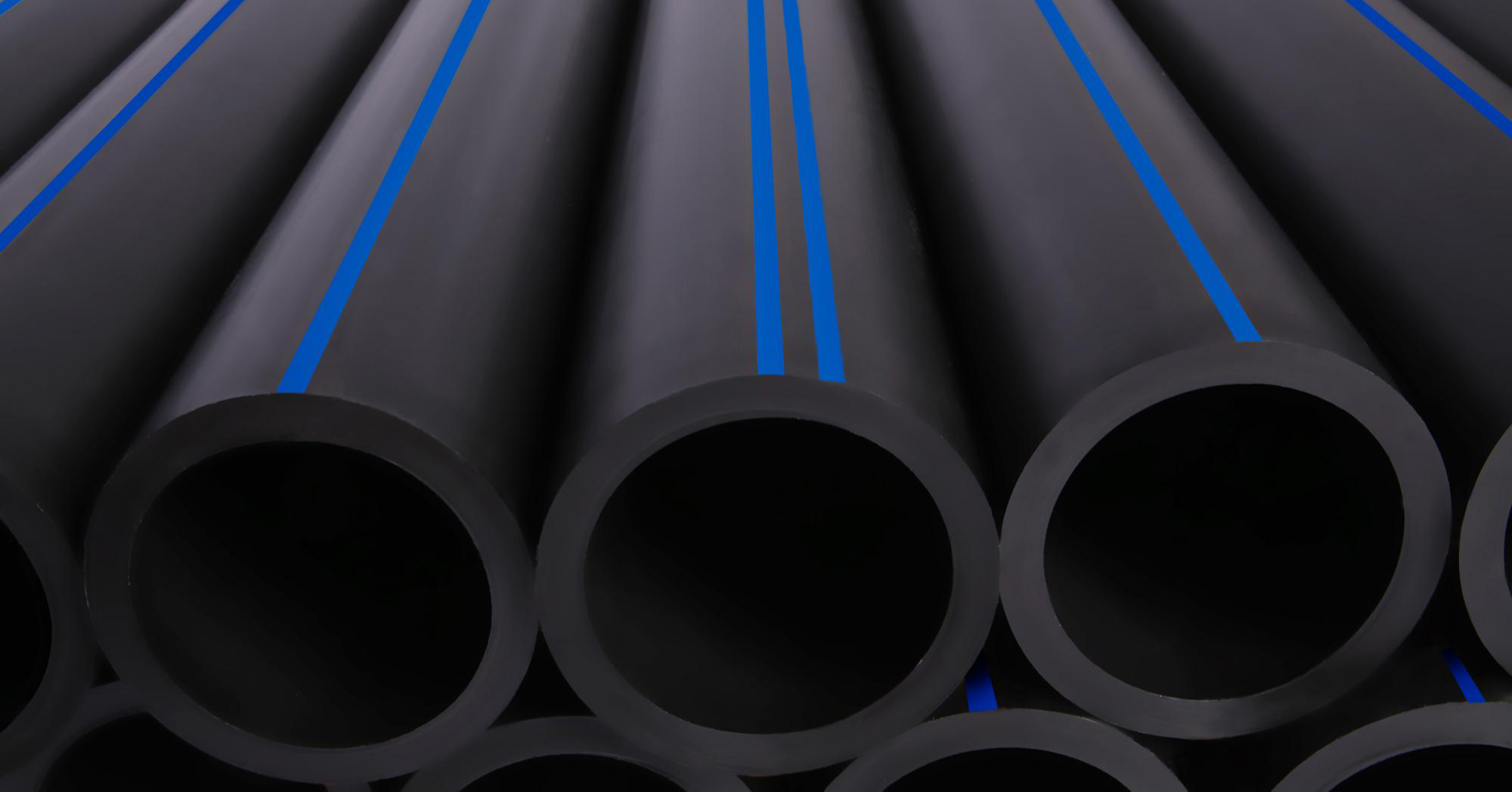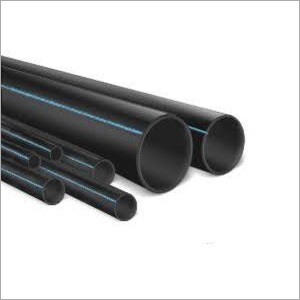How Midland TX HDPE Pipe Fittings in Stock Enable Faster Builds
Comprehending the Key Conveniences of HDPE Pipeline for Water and Wastewater Monitoring
The usage of HDPE pipeline in water and wastewater management provides many benefits that merit consideration. Its exceptional toughness and lengthy life expectancy make it a preferred choice for several tasks. Additionally, the product's resistance to corrosion and chemical damages boosts its dependability in different atmospheres. Nonetheless, the benefits prolong past simply durability and resistance. Exploring its cost-effectiveness and ecological effect reveals a lot more compelling reasons for its widespread fostering in modern framework
Exceptional Sturdiness and Longevity

HDPE pipe sticks out for its remarkable toughness and long life, making it a recommended choice in water management systems. Constructed from high-density polyethylene, these pipelines can hold up against significant pressure and stress, making sure trustworthy efficiency over time. Their robust nature enables them to withstand severe environmental conditions, consisting of temperature level fluctuations and soil movements, which can trigger other materials to fail.
The life expectancy of HDPE pipes commonly exceeds half a century, supplying a cost-effective service for towns and markets alike. Furthermore, the product's light-weight residential properties streamline setup, decreasing labor costs and timeframes. This durability minimizes the need for constant repair work or replacements, further enhancing its economic allure.
In water monitoring applications, the dependability of HDPE pipes implies less disturbances and improved service connection, making them indispensable to lasting facilities development. The mix of longevity and long life solidifies HDPE's duty as a foundation in efficient water management options.

Resistance to Corrosion and Chemical Damage
While numerous products catch corrosion and chemical damage with time, HDPE pipelines exhibit remarkable resistance, making them excellent for different water monitoring applications. This resilience originates from the molecular structure of high-density polyethylene, which is inherently non-reactive and does not wear away like metals or deteriorate from direct exposure to severe chemicals. As an outcome, HDPE is highly reliable in environments with hostile substances, such as wastewater systems that may have acids, bases, and organic solvents.
In addition, HDPE pipes can stand up to ecological factors such as soil level of acidity and saline problems, further boosting their suitability for diverse applications (custom hdpe pipe manufacturing Midland TX). Their capacity to keep architectural honesty in time lowers the threat of leakages and failings, which is essential in guaranteeing the security and dependability of water circulation and wastewater monitoring systems. As a result, the resistance to deterioration and chemical damages considerably contributes to the overall performance and longevity of HDPE piping solutions
Cost-Effectiveness and Financial Advantages
When thinking about the financial effects of water monitoring systems, the cost-effectiveness of HDPE pipelines ends up being obvious. These pipes supply reduced setup and maintenance expenses compared to traditional materials like steel or concrete. Their lightweight nature streamlines transportation and installation, causing decreased labor costs. Additionally, HDPE pipelines display a lengthy life expectancy, commonly surpassing 50 years, which converts to fewer substitutes and long-lasting financial savings.
The resistance of HDPE to rust and chemical damage reduces the demand for his comment is here pricey repair work and substitutes. The pipes additionally support effective water circulation, minimizing energy prices connected with pumping systems. By mitigating leaks and water loss, HDPE pipelines add to considerable financial benefits for districts and industries alike. Generally, the first investment in HDPE piping can produce significant financial returns over the lifespan of the water administration system, making it a sensible selection for sustainable facilities advancement.
Ecological Sustainability and Lowered Influence

Versatility and Flexibility in Installment
Due to the fact that of their special properties, HDPE pipelines use amazing convenience continue reading this and flexibility in installation, making them suitable for a large range of applications. Their lightweight nature enables less complicated handling and transportation, decreasing labor prices and setup time. HDPE pipes can be bent and shaped to fit numerous terrains and task demands, which is particularly beneficial in testing atmospheres.
In addition, their resistance to deterioration and chemical damages enables installment in diverse setups without the need for specialized safety finishings. The ability to fuse joints develops a continuous, leak-free system, boosting the overall stability and integrity of the setup. HDPE's adaptability also fits ground activity, minimizing the risk of damage in locations vulnerable to shifting dirt. On the whole, these attributes make HDPE pipes not only functional but likewise a recommended choice for water and wastewater administration systems.
Regularly Asked Inquiries
Exactly How Does HDPE Pipeline Contrast to PVC in Water Management Applications?
HDPE pipe uses premium flexibility, resistance to corrosion, and sturdiness compared to PVC. Its lighter weight promotes simpler installment, while its lengthy life-span reduces replacement expenses, making HDPE a recommended selection in water monitoring applications.
What Is the Life-span of HDPE Pipes Under Common Conditions?
Under common conditions, HDPE pipelines can have a life-span varying from 50 to 100 years. Their durability and resistance to corrosion add to their long-term performance in various applications, making them a trustworthy choice for facilities.
Are HDPE Pipeline Recyclable After Their Life Span?
Yes, HDPE pipes are recyclable after their solution life. Texas hdpe pipe manufacturer. They can be refined and repurposed right into new products, significantly decreasing ecological influence and promoting sustainability within the industry, making them an environmentally friendly choice for piping solutions
What Is the Installation Refine for HDPE Piping?
The setup process for HDPE pipelines includes site prep work, trenching, pipe combination or mechanical joining, backfilling, and stress screening. Proper strategies ensure a durable and reliable system for delivering water and wastewater properly.
Can HDPE Water Lines Be Made Use Of for Both Potable and Non-Potable Water Systems?
Yes, HDPE pipes can be utilized for both drinkable and non-potable water copper to pex supply. Their adaptability, longevity, and resistance to rust make them ideal for various applications, making sure safe and effective transportation of water in different contexts.